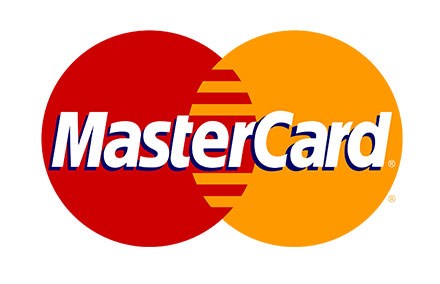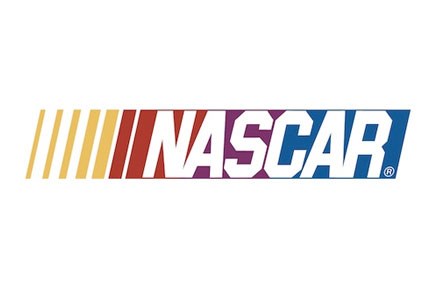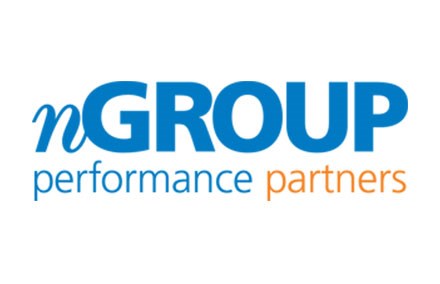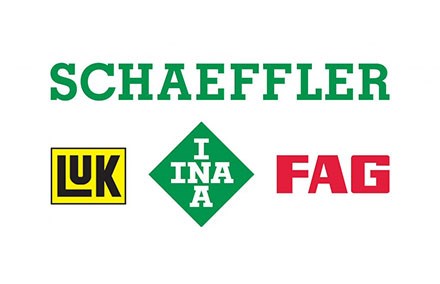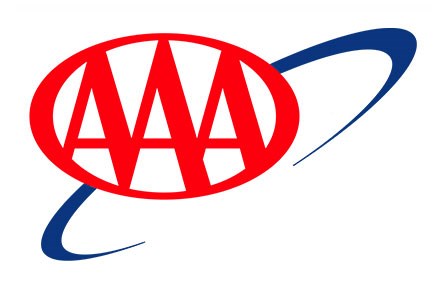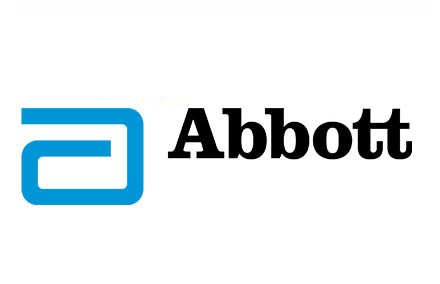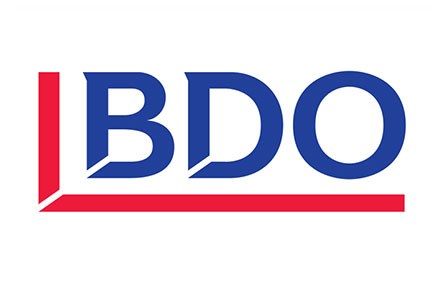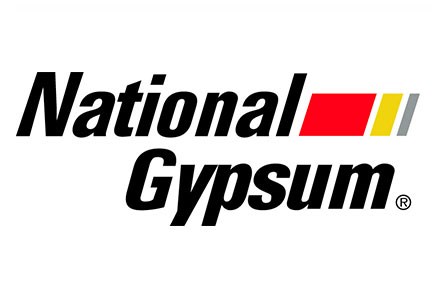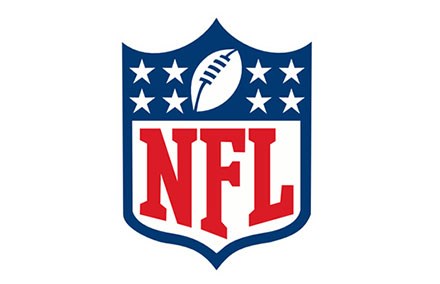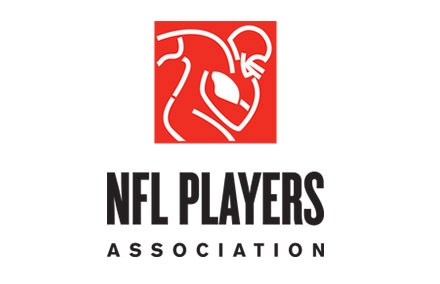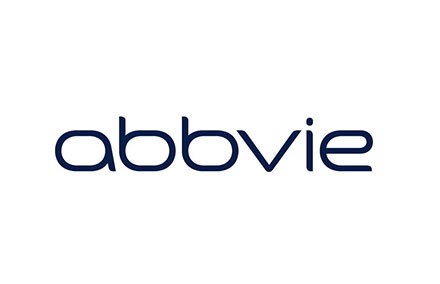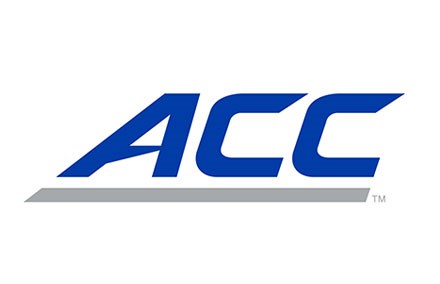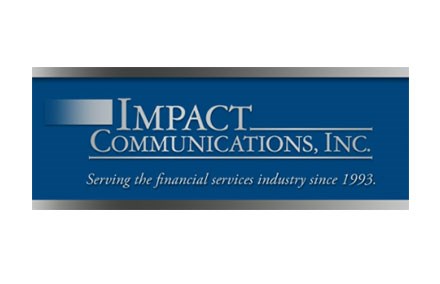PERFORMANCE BARRIERS
Last week I spoke at my last two events for the year. The Q&A and discussion for each event I speak at is unpredictable and at one of the events, I got several questions regarding this topic of performance barriers.
First, the context. I have argued that there are really two ways to enhance your performance:
1. Learn a new skill
2. Remove an existing barrier to your performance so that your skills can manifest themselves
To be perfectly clear, acquiring new skills is both very necessary and a life-long journey. No question about it. But I find that as we progress in age and through the ranks of an organization, most of what keeps us from performing at a high level are not a lack of skills or knowledge over how to do something, but in fact, a lack of awareness of what derails us on a daily basis, especially when the stakes are high.
I argue in my presentations at these events that after a certain stage, say after 15 years experience in the workplace (depending on the person of course), throwing more skills at a manager or leader reaches a point of diminishing returns. In other words, the kinds of learning that we just ate up earlier in our career, be it from a person, or a workshop/training event, don’t quite have the same “aha” factor that they once did. After a certain number of years in the workplace, most of us figure out how things get done, and adjust ourselves to that mold/framework. Cognitively, the “How to” books and information are all there for us to access.
For this and other reasons, I submit that most managers and leaders can learn and grow faster not by acquiring new skills or relearning old ones, but by removing many barriers to our performance, starting with the self-inflicted ones. Organizations, by the way, can do the same. By self-inflicted barriers, I am speaking of the abnormally low levels of emotional intelligence most of us have, and the resulting emotional hangover most of us are constantly in.
By being unable to monitor and label the ever-changing emotional temperatureof ourselves, others, and the situations we are in, we rely on “cosmetic” leadership for success, which is deeply rooted in cognition. For example, a good manager will go to a very important meeting with an agenda (cognitive exercise), and will start the meeting with the perfunctory salutations (cosmetic leadership). Quickly, the meeting will progress to the topics at hand, and the outcome often times is arbitrary … could be good, or not so good. Juxtapose that to having a good agenda (necessary cognitive function), and as the meeting starts, making sure that everyone in the meeting is actually “present” …. What is the “mood” of the participants and what is the temperature of the team? If either are not positive, then the meeting is doomed to begin with. If that meeting does not go well and the leader does a post-mortem on the meeting, he will find few things to change. Agenda? Check. Participants? Check? Right information? Check. Discussion time? Check. Gave air time to all? Check.
When there is an unsatisfactory outcome, the leader might invest reading a book about organizing a meeting (learn a new skill). All these cognitive functions are very important to the success of the meeting, but a fundamental truth is missing. The participants in the room are human beings, not mechanical objects. Human beings who had experiences just before the meeting, who have relationships, fears, and personal goals …. And leaders who ignore this do so at their own peril. A leader today has no choice but to develop very high EQ so that he can be highly aware of the barriers to performance and success. I conclude that most leaders are capable of being significantly more successful by understanding what keeps themselves, as a human being, and others from performing at high levels.
